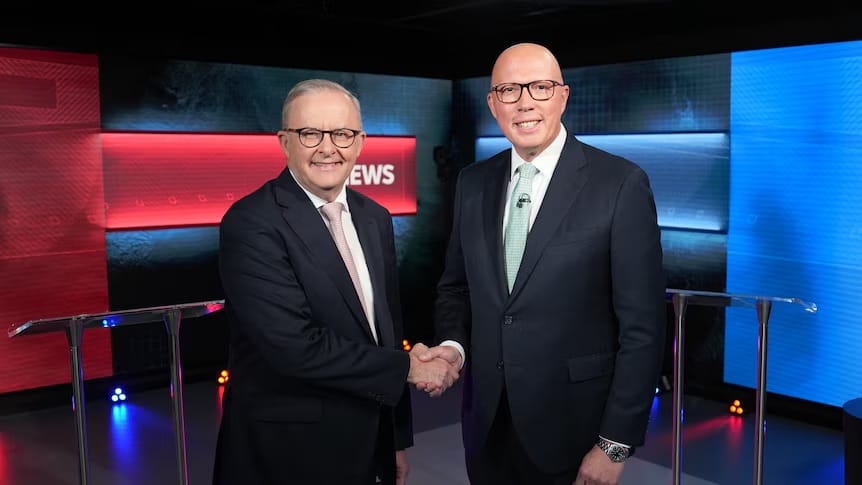For young voters, what does Labor represent?
Three more years of majority Labor government looks increasingly like the real risk this election.

When I was 18, back in 2010, I was excited to vote in my first federal election – and excited to vote for Kevin Rudd. Then, Rudd got rolled, which I could live with. What I couldn’t abide was his replacement Julia Gillard’s ‘lurch to the right’ on refugee rights when she reopened offshore detention.
I voted for the Greens instead, and I’ve never even thought about voting for Labor since. For a party that still describes itself in its constitution as “a democratic socialist party”, Labor has served up disappointment after disappointment during my voting life, on issues like climate, housing, welfare, taxation, and defence.
I suspect there are many voters my age and younger who’ve had similar experiences, even if the particular issues they care about differ or they’re just operating on the level of vibes. The Labor we know is captured by big business, often in lockstep with its supposed opposition, and acquiesces easily and often to its opponents and critics. Young voters have been given no reason to be attached to the Labor party. We don’t remember the days of Gough Whitlam or free tertiary education. We don’t see Labor as a real workers’ party – and to many young voters, the idea of such a thing is alien, given the plummeting rates of union membership.
Lately, I’ve heard quite a few people – members of the Labor Environment Action Network (LEAN), environmental campaigners, and Labor MPs themselves — all of them at least a generation older than me, speak in a way that suggests the Labor party that lives in their head is very different to the one that lives in mine. Their Labor party really wants to do the right thing, and will get there if given enough chances. Their Labor party is a democratic body with robust decision-making processes, even if on issues like Palestine and gambling reform the party’s platform isn’t reflected in what its leadership does and says. Their Labor party is the only realistic option for progressives, so we may as well all fall into line and be silent when it fails.
The thing is, there is another option, or rather, a multitude of them. There’s an opening this election for minor parties and independents to pick up seats and steer Labor back on track as part of a minority government. Given our preferential and compulsory voting system, we have an opportunity to direct some of the anti-establishment, anti-liberal sentiment causing disruption around the world into a left populism that can push Labor in the short term and break down the power of the major parties and their corporate donors in the longer term. We said last week that expecting Labor to change was insanity. That’s especially so when there’s another strategic pathway wide open.
Just as I’d much prefer an Albanese government to a Dutton government (duh), I’d much prefer a minority Albanese government to a majority Albanese government. We need a crossbench not beholden to corporate interests that can draw concessions from Labor and force them to act. But according to the bookies (who I trust more than the pollsters), the likelihood of a Labor majority government is increasing.
Albanese has finally shaken off the negative aura that’s enveloped him since his failed referendum, using podcast appearances to present himself as a sensible, dad-like, relatable figure. That’s easy to do when your opponent is Peter Dutton, who has always been a freak, and not in a marketable Trumpian sense but in a scary, change-the-channel sense. When Dutton engaged in some soft climate denialism in the leader’s debate last week, environmental groups leapt on it as a chance to make him the villain. But he was doing a good enough job of that himself. Their energy would have been better spent pointing out that Albanese is no hero when it comes to climate. In fact, his party’s insane Future Gas Strategy will have the world blowing way past the climate targets Labor is supposedly committed to.
If we end up with another Labor majority government, we’ll have missed an opportunity and be on track for another three years of disappointment, especially for young voters. It might mean that next time round, the stage is set for the Coalition to capitalise on the growing disenchantment. Some of the so-called progressives out there might just wish they’d pushed for something more meaningful, instead of fretting about ghouls.





